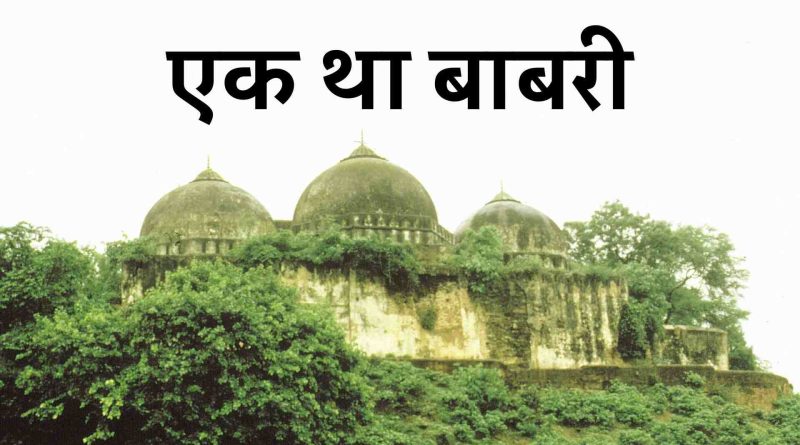Babri Legacy: Unraveling the Metamorphosis of India’s Secular Fabric
The event that transpired on December 6, 1992, the demolition of the Babri Masjid, stands as a pivotal moment in India’s history, ushering in a metaphorical partition that cleaved minds along religious lines. This act indelibly altered the trajectory of our nation, propelling it into a new paradigm where the secular ethos of India found itself under duress.
As of my current composition, the Bharatiya Janata Party has emerged triumphant in the recent “semi-final” assembly polls, securing resounding victories in three of the four major states. The Prime Minister, a prominent figure in the realm of Hinduism, has once again emerged victorious, foretelling an inevitable hat-trick for the BJP in the forthcoming 2024 elections. His triumphant oration echoed with a Caesar-like boast, declaring, “Modi’s guarantee begins when hopes from everyone’s promises end.” The invincible saffron influence in the political sphere traces its roots back to that fateful day in 1992 when the Babri Masjid fell.
The desecration of the Babri Masjid was a blatant disregard for the constitution, perpetrated by kar sevaks and their Sangh parivar overseers, with tacit approval from law enforcement. This audacious act was met not only with approval from the fringes of society but also found resonance in boardrooms and government offices. Beyond the immediate impact, it marked a frontal assault on our collective identity as a secular nation, elevating the Hindutva ideology to a formidable contender against the constitutional principles of pluralism and inclusion.
Jawaharlal Nehru’s prescient warning about the perils of Hindu right-wing communalism, expressed shortly before his demise, has rung true. Majority communalism, unchecked, possesses the potential to subvert the foundational tenets of democracy and secularism. The values encapsulated in the preamble of our constitution, championing a secular ideal, were the aspirations of the majority at the time of independence. However, the deep-seated historical animosity between communities and the trauma of partition made this pursuit perilous.
The Babri Masjid’s destruction symbolized a shift from the cultural eclecticism championed by figures like Adi Shankaracharya and Gandhi to an insular nationalism propagated by M.S. Golwalkar and V.D. Savarkar. The calculated infusion of religion into politics by the Sangh Parivar has proven remarkably successful, with a religiously adorned political landscape now featuring a Yogi wielding a bulldozer as the head of a major state.
The Babri Masjid’s ruins became the foundation for the unstoppable rise of the saffron brigade. The Ram Janmabhoomi movement, culminating in the mosque’s destruction, catapulted the BJP from a meager two seats in 1984 to a commanding presence with 120 seats in 1991 and 161 with alliance partners in 1996. Three decades later, the BJP stands as the nation’s hegemon, wielding undisputed power at the center and in various states. Yet, this ascent is accompanied by a social landscape marred by schismatic tensions and a rhetoric of hate.
Even the Supreme Court, considered the last bastion of democracy, has bowed to majoritarian sentiment. The site of the demolished mosque now serves as a symbolic gesture to the majority faith, sidelining justice and legal principles. The impending inauguration of the Ram temple in Ayodhya by the Prime Minister in 2024 further solidifies the cohabitation of the state with the majority religion, casting a shadow on the concept of secularism.
In a nation grappling with significant challenges, from rising unemployment to uncontrolled inflation, the opposition’s focus on caste and religion seems misplaced. The government, while admitting to providing free rations to a vast population, struggles with a fractured social fabric, alienation in Kashmir, and territorial challenges from external forces. Yet, instead of addressing these pressing concerns, the opposition’s reliance on soft Hinduism appears ineffective.
The once-united, multicultural vision of India, with shared goals and aspirations, has been irrevocably replaced by Hindutva as the unofficial state ideology. Today, the prevailing sentiment is not one of brotherhood or love but of unbridled hate. Jai Shri Ram!

